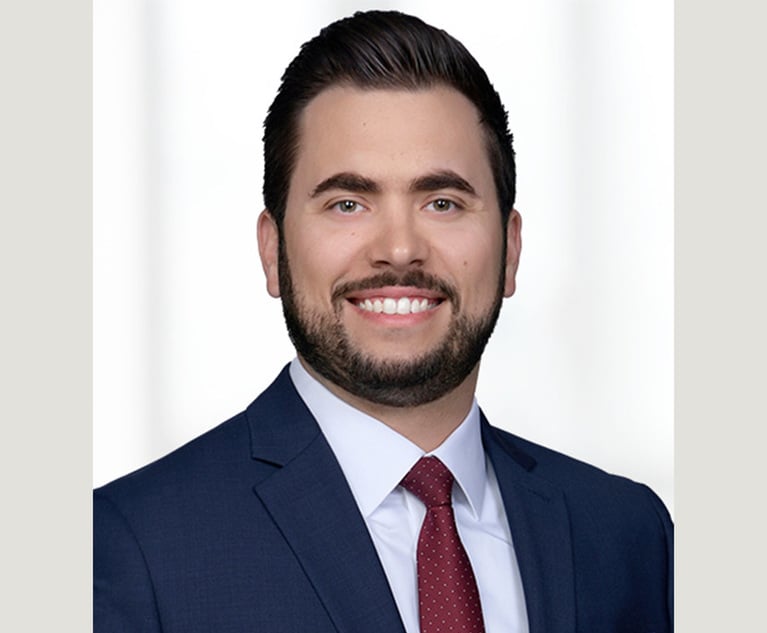The Trump administration is moving toward allowing Americans to seek compensation for property they say the Cuban government expropriated as far back as the late 1950s, when Fidel Castro came to power. Should this come to fruition, it is likely to generate a flood of new lawsuits in the United States, based upon a federal statute for which there is currently no established precedent.
The enabling mechanism for these lawsuits is the 1996 Helms-Burton Act, also called the Cuban Liberty and Democratic Solidarity (Libertad) Act. Specifically, Title III of the act creates a private cause of action and allows U.S. nationals to sue in U.S. courts those persons and entities that may be holding, buying, selling or otherwise profiting from the property that claimants believe was seized.


 Alec Schultz of Leon Cosgrove in Coral Gables.
Alec Schultz of Leon Cosgrove in Coral Gables.




